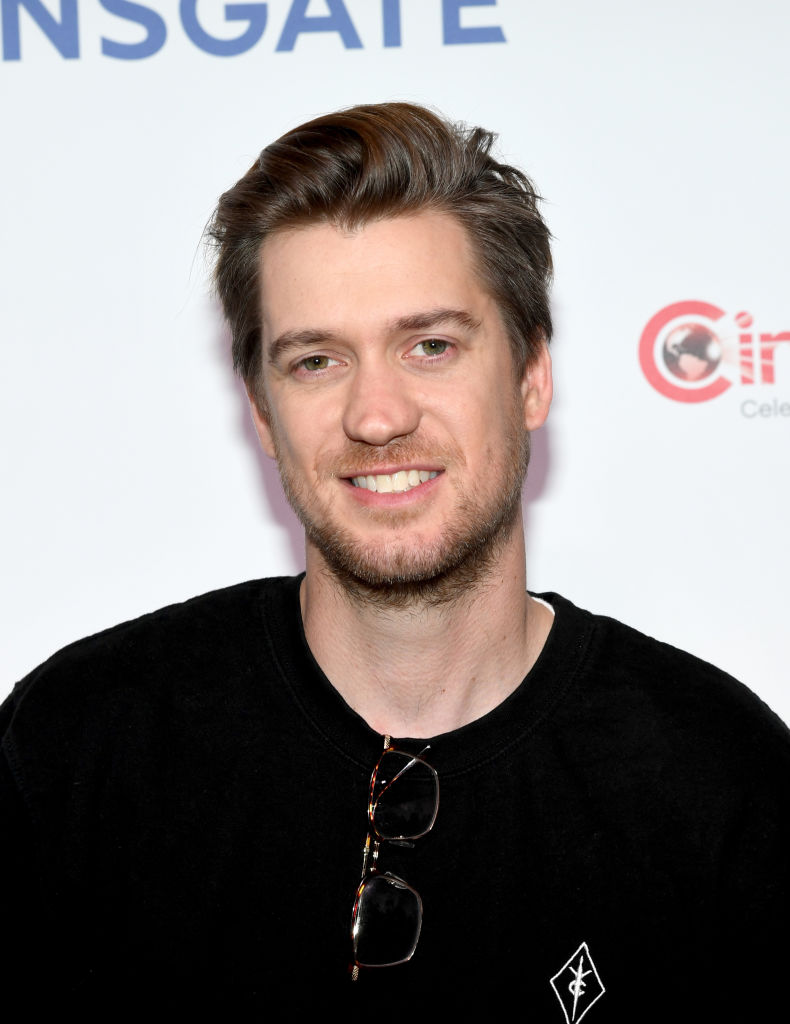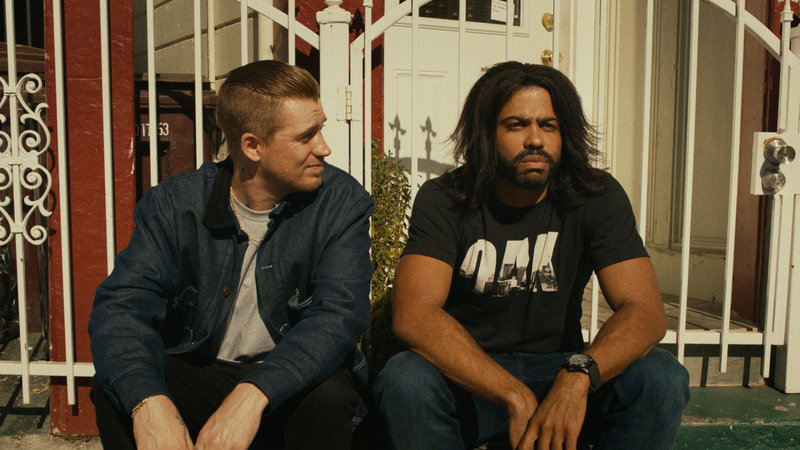
- Interviews
Rafael Casal: “I Feel Latino When There’s an Attack Against Immigrants”
Blindspotting tackles issues of race, class, gun violence, police brutality and gentrification through the story of two Oakland best friends. Not coincidentally, the film is written and performed by two best friends from Oakland: Daveed Diggs and Rafael Casal. The two met at Berkeley High School and later became collaborators. Both multi-talented, both part of that Broadway hit called Hamilton and both representing the melting pot called America. Daveed’s mother is Caucasian and Jewish and his father is African-American. Rafael is “white American” with a background that is half Irish half Spanish. This poet, actor, assistant director, writer and producer who hates stereotypes likes to call himself ‘Hispanic American’
Do you consider yourself a Latino actor?
I always consider myself Hispanic though other people consider me Latino and I don’t correct that. I don’t categorize myself that way because the Latinos in my life are mostly Chicanos, so I associate that with a particular struggle and culture. But it depends on the context. There are moments when I feel there is an attack against immigrants, their culture or their language. When somebody says ‘speak English here’ or when he or she attacks immigrants. Those are the moments when I feel Latino. Those are the moments when I feel I have to stand up. But when I’m among Spanish speaking guys I’m always sure to clarify that I’m Hispanic, that my family immigrated here from Cuba like a lot of people do but my background is Spanish.
Question: Do they understand the difference in Hollywood?
The conversation is complicated. I don’t want to minimize or take away from the indigenous people of Mexico. Antonio Banderas is in the cover of a Latino magazine so many times but he is a Spaniard. He is a celebrity so every one latches onto him, but I think it does a disservice to the nuance of the conversation. The conversation about race and ethnicity is so much more interesting than that. Where are you from versus what is your lineage, what do we consider home and what do we consider Latino in this American land.

With Daveed Diggs in a scene from Blindspotting.
lionsgate
Sounds like there is something of you in your character in Blindspotting, the Hispanic guerito that grew up in black Oakland…
Yeah, of course. There is a personal aspect that Daveed and I pulled out from us. I think Miles and I have a lot of overlapping. I also grew up in a predominantly black neighborhood. And because we are essentially from the same place and face a lot of the same realities, I have a strong understanding for Miles. I get him. I know him very well.
It’s not your usual Hollywood character, the white guy, and a minority among a minority.
Everyone knows someone like Miles. Miles is a very real person. Poor neighborhoods are poor neighborhoods. In the poor areas of Oakland, there are Latinos, there are Mexicanos, there are white folks, there are black folks, a Persian community… and everyone there shares a common culture collectively adopted no matter where your family is from. The way they talk, they dress, they sound, and the kind of music they listen to. Miles is a product of his environment like anyone else is in those neighborhoods. But it’s true; we have never seen Miles on screen before. The most we have is in an idealized version of Eminem in 8 Mile but not like a three-dimensional character. So (I’m) excited to show a working class person like Miles dealing with systemic poverty.
Apart from its other its merits, critics seem to agree on how timely and important this movie is. Were you conscious of it?
For us, any art that we make is inherently political. It is either supporting the status quo or challenging it. There is a massive urgency to challenge the status quo right now. We are in such a divided moment in this country. Of course, we have been divided for such a long time but now it is so apparent, so in the open, But it is also one of the most fertile times for conversation. That’s why art functions as a catalyst. We love to be a catalyst for conversation. We are consuming content in such small bites. Thanks to social media the conversation doesn’t have any time to incubate. So one of the few places that we have to engage in a long conversation is the theater. Or the cinema. These are the only moments when you sit down, you are taking in an idea and you share it with the audience for ninety minutes or two hours. So you have to make that conversation as interesting and as complicated as possible.

